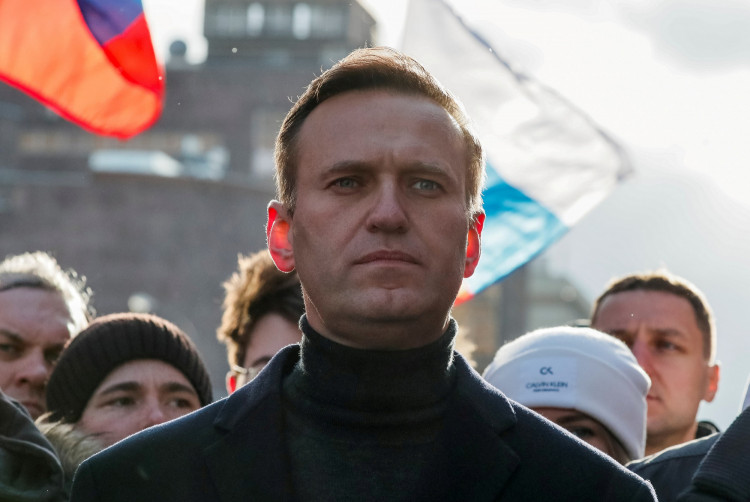The untimely demise of Alexei Navalny, a formidable critic of the Kremlin, has ignited a maelstrom of controversy and speculation, with allegations of foul play echoing from the corridors of global power to the streets of Moscow, according to Fox News. Navalny, aged 47, was reported to have succumbed suddenly after feeling unwell at the "Polar Wolf" penal colony in Kharp, Siberia, a revelation that has prompted widespread condemnation and calls for transparency.
Kira Yarmysh, Navalny's spokesperson, vehemently asserted on the social media platform X that Navalny was a victim of murder, a sentiment echoed by an international cadre of leaders and analysts who perceive the Russian government's hand in his death. "Alexei Navalny was murdered. His death occurred on February 16 at 2:17 p.m. local time," Yarmysh stated, demanding the immediate return of Navalny's body to his family.
The body, however, was reportedly transported to a morgue in Salekhard, with subsequent claims suggesting efforts by Russian authorities to obfuscate the circumstances of Navalny's death and potentially "cover traces" of murder.
The narrative of Navalny's death has been met with skepticism and outright accusations from the highest echelons of international diplomacy. President Joe Biden remarked, "we don't know exactly what happened, but there is no doubt that the death of Navalny was a consequence of something that Putin and his thugs did." Secretary of State Antony Blinken further criticized the incident as indicative of the "weakness and rot at the heart of the system that Putin has built."
The response within Russia to Navalny's death has been marked by a palpable tension, with authorities detaining mourners and protestors in Moscow and St Petersburg. Over 177 individuals were reportedly detained in the wake of Navalny's passing, underscoring the Kremlin's stringent stance against dissent and public mourning for the opposition leader, as reported by The Independent.
Amidst the outcry, the official narrative provided to Navalny's mother and legal representation was that he died of "sudden death syndrome," a vague explanation that has done little to quell suspicions of state involvement. The opacity surrounding the whereabouts and the state of Navalny's remains only adds to the intrigue and international outcry for an investigation into the true cause of his demise.
Navalny's history of anti-government demonstrations, advocacy for reform, and survival of a suspected poisoning attempt in 2020, paints a portrait of a figure perennially at odds with Putin's Russia. His tenure at one of Russia's most notorious penal facilities, and the mysterious circumstances of his death, have galvanized voices around the world calling for accountability and justice in a case that continues to unravel.




